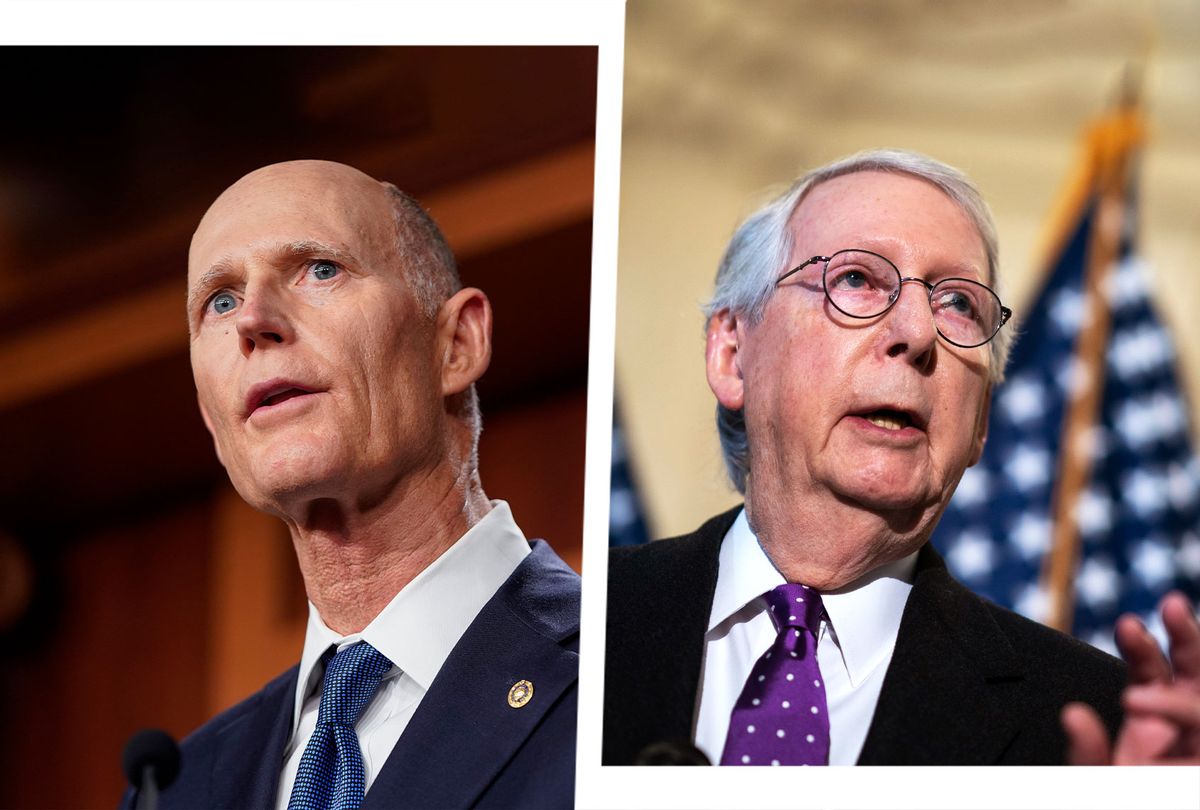55 Profitable Companies That Avoided All Federal Income Taxes in 2020
Sort alphabetical, by profit, tax, rate or industry
At least 55 of the largest corporations in America paid no federal corporate income taxes in their most recent fiscal year despite enjoying substantial pretax profits in the United States. This continues a decades-long trend of corporate tax avoidance by the biggest U.S. corporations, and it...

itep.org
------------------------------------------------------
start with them paying tax.
/----/ I stopped reading after your first lie. Get back to us when you gain even the slightest understanding of how corporations are taxed on many levels:
Download Press Release (PDF 95 KB) FedEx pays all of its taxes owed to local, state, federal, and foreign governments

investors.fedex.com
FedEx pays all its taxes owed to local, state, federal, and foreign governments.
FedEx invested billions in capital items eligible for accelerated depreciation and made large contributions to our employee pension plans. These factors have temporarily reduced our federal income tax, which was the law’s intention to help grow GDP, create jobs, and increase wages.
Fact: FedEx takes pride in being a good public citizen providing excellent service to its customers while paying its full share of taxes.
Fact: As of our fiscal year ended May 31, 2021, FedEx has paid nearly $2 billion in U.S. federal income tax over the last 10 years.
Fact: FedEx paid nearly $9 billion in total taxes in the U.S. (federal and state income, excise, property, payroll, sales, and use) during the five fiscal years 2017 - 2021.
Fact: FedEx paid over $1 billion in total foreign taxes (federal, provincial property, and payroll) in FY21 in our foreign jurisdictions.
Fact: FedEx has collected and remitted over $21 billion in taxes in the U.S. (federal, state and local payroll taxes; customs duties; and state & local sales tax) during the last five fiscal years, contributing to tax revenues of the U.S. federal, state, and local governments and bearing our share of the compliance cost of the tax system.
Fact: Prior to the 2017 tax reform, FedEx had not reported an effective tax rate on its profits of less than 33% in over 30 years.
Fact: The FedEx effective income tax rates for the last five fiscal years (June–May) were 21.6% in 2021, 23.0% in 2020, 17.6% in 2019, (5.0%) in 2018 (this rate is an anomaly due to the impact of the 2017 tax reform), and 34.6% in 2017. The 2019 rate was inordinately low due to the tax impact of a large non-cash mark-to-market adjustment related to our retirement plans; otherwise, our effective tax rate would have approximated the U.S. statutory income tax rate.
Fact: Our tax information is publicly available in our annual Form 10-K and quarterly Forms 10-Q filed with the Securities and Exchange Commission.
Fact: FedEx contributes to the communities where we live and work. In the last three years alone, we donated over $160 million in direct charitable contributions, including disaster relief, United Way, and Direct Relief, among many other efforts.
Fact: Before the 2017 tax reform, a strong bipartisan majority in Congress passed accelerated depreciation deductions for the years 2008 through 2019 to encourage companies like FedEx to invest in new capital assets in the U.S. and create new jobs. The 2017 tax reform extended and enhanced this provision until 2026. Economists widely agree that there is a near perfect correlation between capital investment and jobs. These deductions are only temporary, with higher depreciation and lower taxes early in the life of a new capital asset offset by lower depreciation, but higher taxes, later in that asset’s life.




